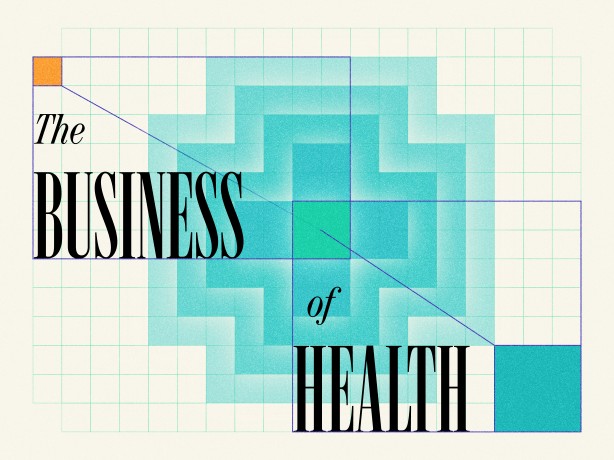Climate Change & Public Health: Scientists Challenge Trump Administration's Reversal

The Trump administration's attempt to dismantle a crucial finding – that climate change poses a significant threat to public health – is facing fierce scrutiny from the scientific community. At the heart of this effort lies a report from the Department of Energy, which dozens of scientists are claiming contains serious flaws and misrepresents established climate science.
The Original Finding: A Landmark Assessment
For years, the scientific consensus has been clear: climate change is not just an environmental issue; it’s a public health crisis. Rising temperatures, extreme weather events, and shifting disease patterns are already impacting communities across the globe, and these effects are projected to worsen significantly. The original finding, a cornerstone of US climate policy, acknowledged this undeniable link, highlighting the dangers of heatwaves, air pollution, infectious diseases, and food insecurity, all exacerbated by a changing climate.
The Administration's Proposal & the DOE Report
Now, the Trump administration is proposing to reverse this finding, a move that would dramatically alter the nation’s approach to climate change and its health consequences. Their justification? A report from the Department of Energy (DOE) that purportedly questions the severity of the climate-health connection. However, a growing chorus of scientists is raising serious concerns about the DOE report’s methodology, data interpretation, and overall conclusions.
Scientists' Concerns: Flaws and Misrepresentations
Critics argue that the DOE report selectively uses data, ignores crucial scientific literature, and relies on outdated models. Many point out that the report's authors have ties to industries that benefit from policies that downplay the risks of climate change. Specifically, scientists have flagged issues with the report's handling of uncertainties in climate projections, its dismissal of peer-reviewed research, and its failure to adequately address the disproportionate impact of climate change on vulnerable populations.
“This report is a blatant attempt to politicize science and undermine decades of rigorous research,” stated Dr. Eleanor Vance, a leading climate scientist at Trinity College Dublin. “The DOE’s conclusions are not supported by the overwhelming body of evidence and represent a dangerous rollback of public health protections.”
Implications for Public Health & Policy
Reversing the finding that climate change is dangerous to public health would have far-reaching consequences. It could weaken regulations aimed at reducing greenhouse gas emissions, limit investments in climate resilience measures, and ultimately leave communities more vulnerable to the health impacts of a changing climate. Furthermore, it would erode public trust in science and undermine the credibility of government agencies tasked with protecting public health.
The Broader Context: Global Climate Action
This controversy unfolds against a backdrop of increasing global awareness of the climate crisis. While many nations are stepping up their efforts to reduce emissions and adapt to the impacts of climate change, the Trump administration's actions are seen as a setback for international cooperation and a threat to global health security.
As scientists continue to challenge the DOE report and the administration’s proposed reversal, the debate over climate change and public health is likely to intensify. The future of climate policy and the well-being of communities around the world hang in the balance.






